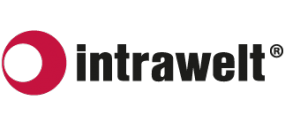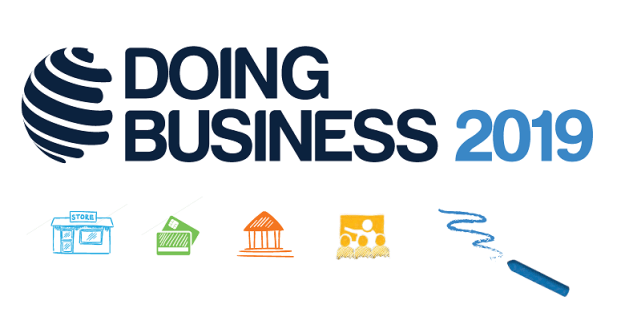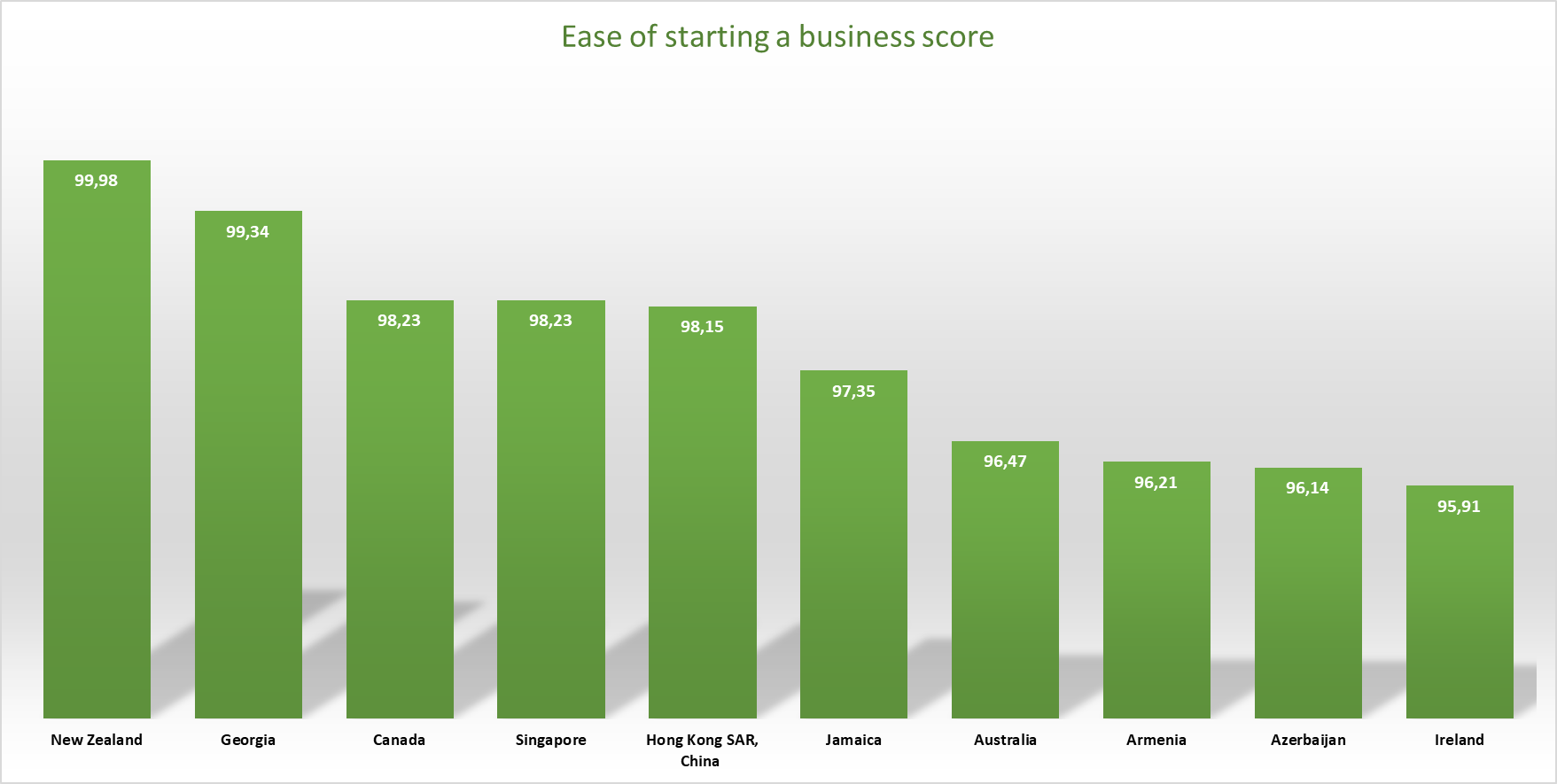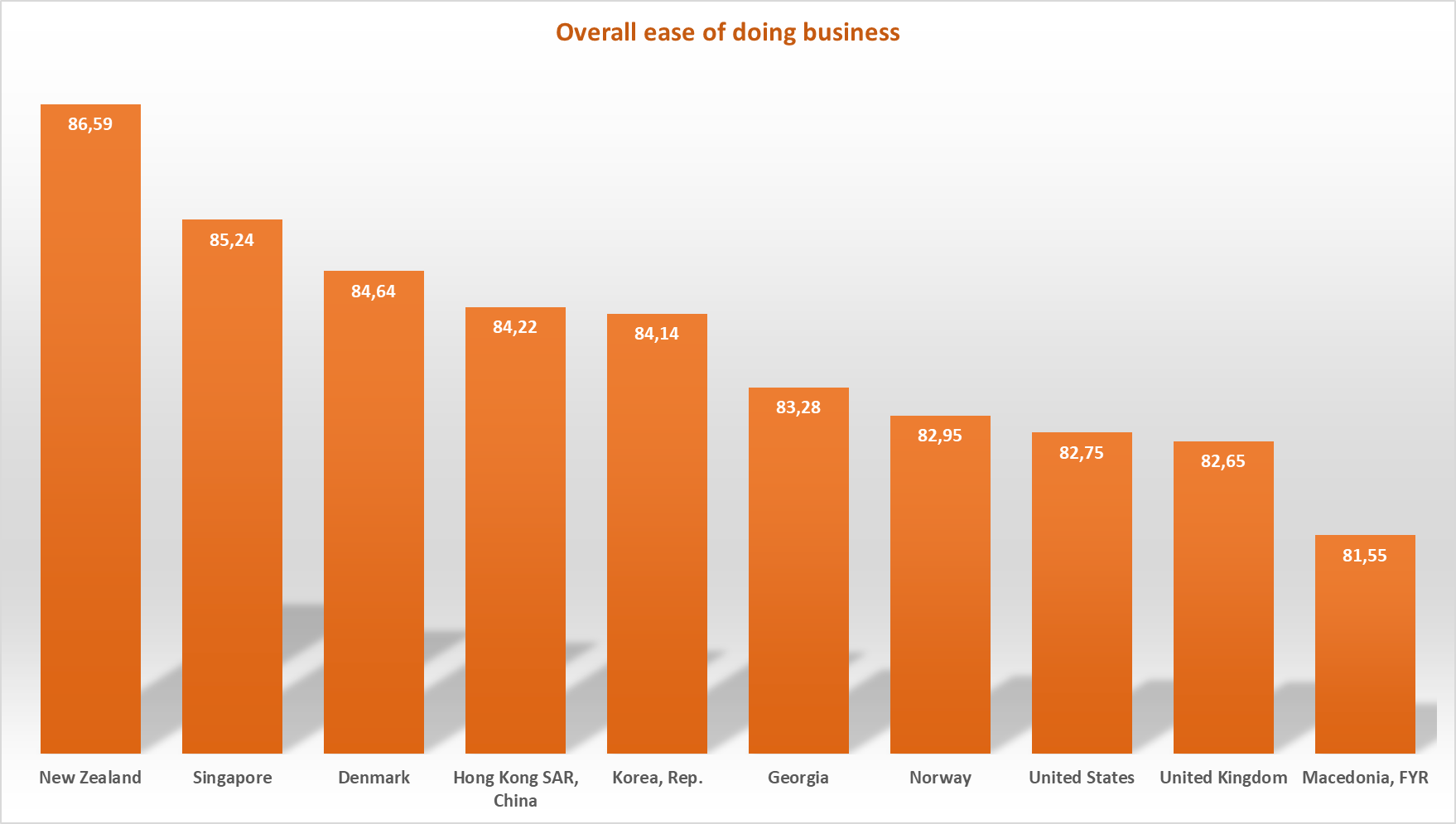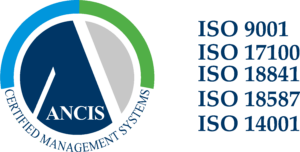WORLD BANK RANKING: TEN COUNTRIES TO DO BUSINESS WITH IN 2019
With 2019 fast approaching, the business community is looking to the future to find out what 2019 might bring.
The World Bank has published its 16th edition of the annual Doing Business Report, which presents a ranking of Countries based on their “ease of doing business”.
The numerous variables to be assessed when planning investments in foreign countries are of a legal, legislative, fiscal, economic and social nature. The World Bank’s annual report individually examines the parameters in order to identify the best national systems in which to invest in order to open new business channels and those which are therefore more interesting from a business perspective.
2019 is fast approaching and for companies and start-ups it’s time for financial statements and investment projects.
The criteria
Ease of Doing Business 2019 considers some of the legislative, administrative and economic variables which make various Countries more or less “hospitable” for future investments.
The assessment criteria used by the World Bank for the rankings are as follows:
Starting a business: the procedures, time, cost and minimum capital required to start a business. The general regulatory framework of the relevant country, combined with a range of economic results such as productivity, growth and employment.
Construction permits: this parameter evaluates the time it takes to obtain a construction permit and the quality and safety control measures of the building itself.
Electricity infrastructure: Procedures, time and costs involved in connecting to the electricity grid, as well as the reliability of the electricity supply and transparency of rates.
Registering property: set of required procedures for purchasing a property and for the transfer of a property from the seller to the buyer: this criteria measures the time and costs involved in completing each of these processes.
It is in this area that we are regularly selected by Italian and foreign companies for the translation, asseveration and certification of legal documents, contracts and permits relating to business management.
Accessing finance: combination of procedures and legislation which facilitate or complicate the possibility of accessing finance for businesses.
Protecting minority investors: regulation of minority shareholders’ rights in Corporate Governance activities.
Taxes: payment terms and tax wedge to be maintained so the company is considered compliant with all fiscal regulations of the country.
Trading across borders: time and costs involved in exporting products abroad.
The commercial and financial documentation represent, as with legal documentation, an import resource for the regular start-up of a business. Therefore, translation projects for documentation in the destination countries’ languages are also handled by Intrawelt, using expert linguists from the commercial and financial sectors.
Enforcing contracts: The ability to enforce contracts and resolve disputes is crucial for markets to function effectively.
Resolving insolvency: efficiencies or shortcomings in the existing legislation on the subject and the main procedural and administrative restrictions in the insolvency process.
Labour Market Regulation: level of work flexibility, regulatory aspects on quality of work, protection and rigidity in regards dismissal.
The results
The data analyses provided by the report have examined two criteria in particular: the ranking on ease of starting a business and the general ranking of the top 10 countries for investment in 2019.
Ease of starting a business
The first ranking presented by the World Bank is surprising. First of all, none of the great global powers are ranked among the top 10. The best positioned European country is Georgia, which, in second place, precedes Canada and Singapore.
New Zealand however, is positioned at the top of the table with the highest score for ease of starting a new business (the first of the criteria described above).
The 10 best countries to do business with (Fig. 2)
Keeping in mind all of the criteria identified in creating the ranking, the final classification changes slightly. Among the top 10 countries to invest in for 2019 on a global scale, we find some of the great economic powers, albeit in lower positions.
The United States and the United Kingdom are in eighth and ninth place of the ranking, which is topped by New Zealand for the third year running. Followed by Singapore and Denmark.
Linguistic barriers
Investments in foreign countries do not only require economic and strategic efforts. During each phase of the process it is in fact imperative to know the language of the destination country and the technical vocabulary. Whether it is legal documentation, contracts, company or fiscal documents, it is important to adopt an impeccable communication register free from any translation errors which could compromise the entire business.
For precisely this reason, over the years we have had managed legal, financial and pharmaceutical translation projects in some of the target languages spoken in the countries included in the ranking. To name a few examples, we regularly manage legal and certified translations for Korea, Singapore and New Zealand. Our office in London makes us a strategic partner for incoming and outgoing investments, to and from the United Kingdom.
The work carried out annually by the World Bank represents a precious resource for companies that are committed to internationalisation, and this ranking can represent an important starting point when looking for new business channels. At the same time, the advice is to rely on qualified and certified translation agencies, capable of acting as a linguistic bridge and breaking down all communication barriers which may occur throughout the entire process.
